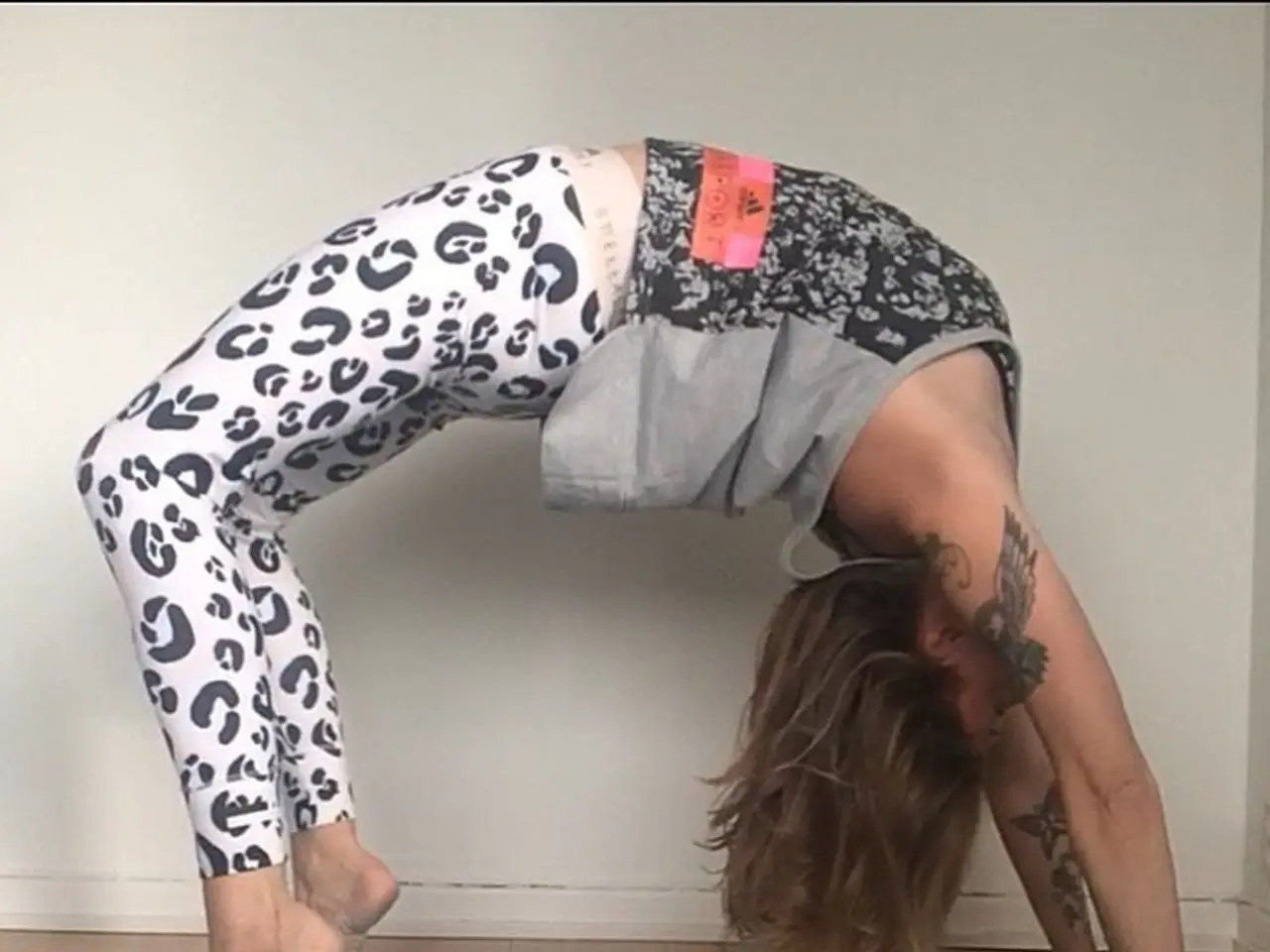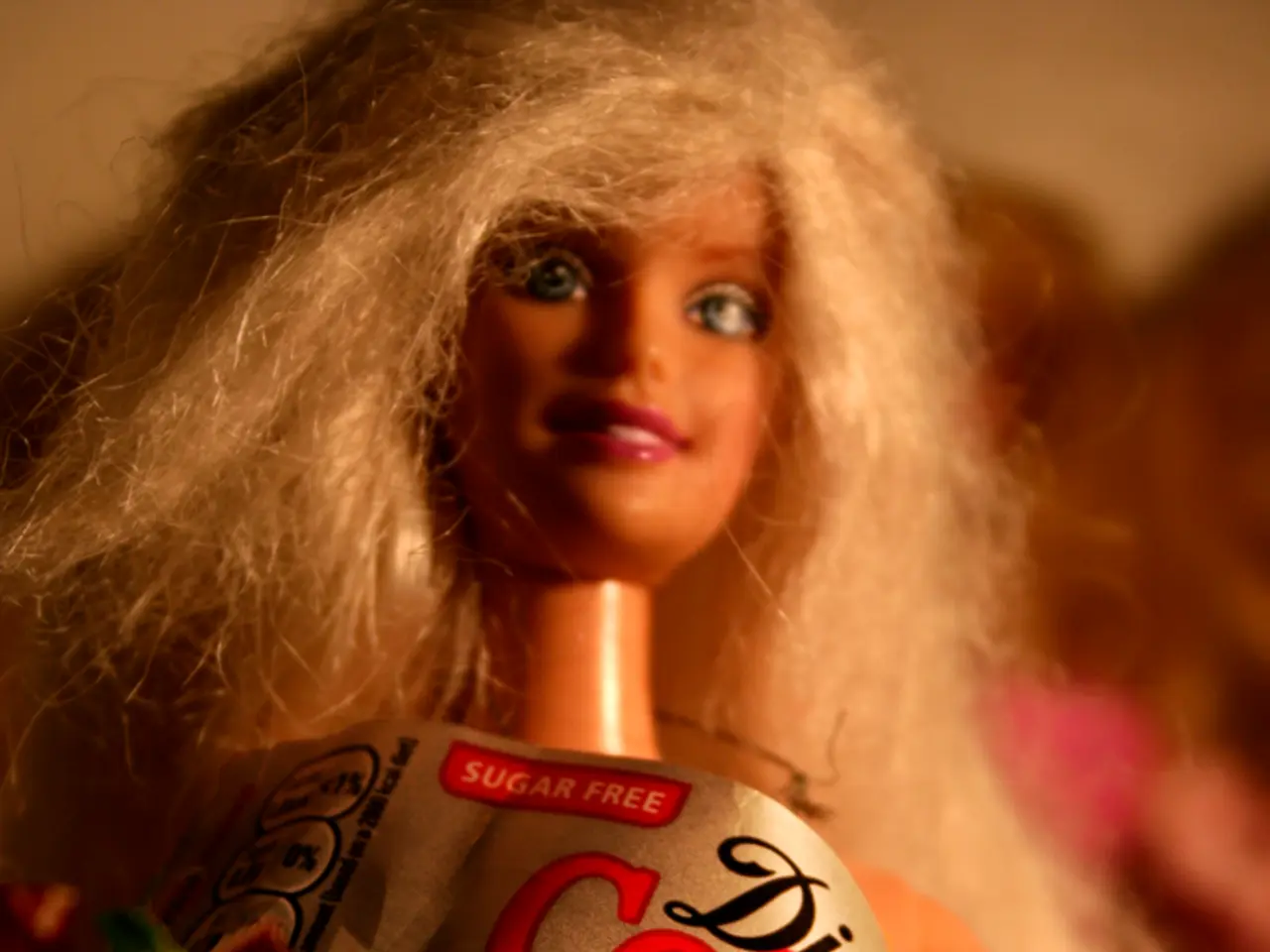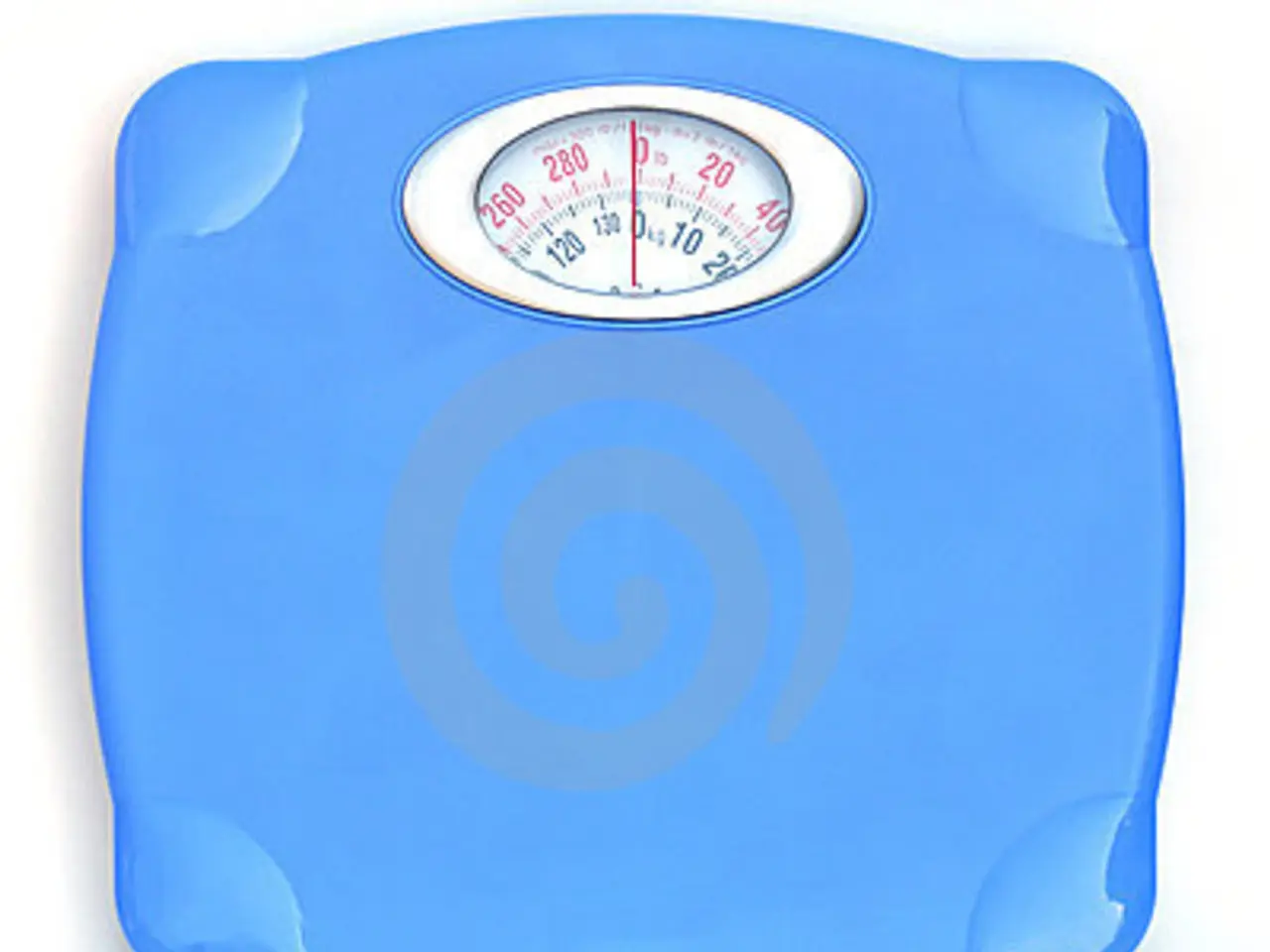Exploring Lithium Dosage: Is 300mg Considered a Minimal Amount for Depression Treatment? Insights into Lithium Usage and its Role in Depression Management
Digging into the world of mental health treatments, let's take a look at lithium - a game-changer that's been around for decades. Known for bringing stability to conditions like bipolar disorder and depression, lithium continues to be a critical tool in the management of these disorders. However, its effectiveness heavily depends on the proper dosage, making it crucial for both patients and healthcare providers to understand lithium dosage ins and outs.
So, what's the scoop on a 300mg lithium dose? Is it considered low? To answer that question, we need to dive deep into lithium dosage, its forms, and its application in treating depression and other mental health conditions.
Unpacking Lithium Dosage
Did you know that lithium comes in various forms? The most common ones include lithium carbonate, lithium citrate, and lithium orotate, each having different bioavailability and absorption rates.
Lithium carbonate, the most popular form, usually comes in doses ranging from 300 mg to 900 mg and is often prescribed for bipolar disorder. Lithium citrate, a liquid form, is sometimes used when precise dose adjustments are needed. Lithium orotate, found in over-the-counter supplements, is claimed to have higher bioavailability at lower doses.
The therapeutic dose for treating bipolar disorder typically falls between 900 mg to 1800 mg per day, but for depression, lower doses may be prescribed, especially when used as an augmentation strategy. Several factors, including age, weight, kidney function, concurrent medications, and severity of symptoms, influence the appropriate lithium dosage for an individual.
The Low-Down on 300mg of Lithium
When considering a 300mg lithium dose in the context of standard lithium therapy for bipolar disorder, it's generally regarded as a low dose. However, that doesn't mean it's ineffective or inappropriate in all situations. When comparing 300mg to the standard therapeutic doses of bipolar disorder treatment, it becomes clear why 300mg might be classified as a low dose.
Low-dose lithium therapy has been gaining attention, especially for its potential benefits in treating depression and as a neuroprotective agent. Some studies suggest that even at lower doses, lithium may offer mood-stabilizing effects with reduced side effects.
In certain scenarios, a 300mg lithium dose may be prescribed:
- As a starting dose when initiating lithium therapy
- For elderly patients or those with impaired kidney function
- As an augmentation strategy in depression treatment
- For maintenance therapy in some cases of bipolar disorder
Remember, the absolute dose of lithium is less important than the blood lithium level achieved. The therapeutic range for lithium blood levels typically falls between 0.6 and 1.2 mEq/L, with lower levels sometimes targeted for depression treatment or maintenance therapy.
Going Over-The-Counter with Lithium Orotate
Lithium orotate, a form of lithium that can be found in over-the-counter supplements, has caught attention as a possible alternative to prescription lithium for depression treatment. Proponents claim that it can deliver therapeutic benefits at lower doses due to enhanced absorption and transport across cell membranes. Some potential benefits of lithium orotate in depression treatment include improved mood, reduced anxiety, and better cognitive function.
However, it's essential to note that research on lithium orotate is limited compared to the extensive studies conducted on prescription lithium forms. While some anecdotal evidence and small-scale studies suggest benefits, larger, controlled trials are needed to establish its efficacy and safety conclusively.
safety & Side Effects of Lithium
Before diving into lithium therapy, understanding its safety profile and potential side effects is crucial. Common side effects at various doses include nausea, diarrhea, tremor, increased thirst and urination, weight gain, and fatigue. Long-term use of lithium may lead to more serious effects such as thyroid dysfunction, kidney problems, and cognitive impairment.
Regular monitoring of lithium blood levels, kidney function, and thyroid function is essential for safe long-term use. Lithium can interact with various medications and supplements, so informing your healthcare provider about all medications and supplements you're taking is crucial to avoid potential interactions.
Optimizing Lithium Treatment
Finding the right lithium dose is a collaborative process between the patient and their healthcare provider. It may involve starting at a lower dose and gradually increasing it while monitoring blood levels and therapeutic response.
Lifestyle factors can play a significant role in lithium therapy. Maintaining consistent salt and water intake, avoiding dehydration, and being cautious with alcohol consumption can help stabilize lithium levels in the body. For depression treatment, lithium is often combined with other therapies, such as Trintellix, Depakote, or other mood stabilizers. Adjustments to lithium dosage may be necessary based on changes in symptoms, the occurrence of side effects, alterations in kidney function, or pregnancy or breastfeeding status.
Taking it all In
In today's fast-paced world, finding a pill that can help manage mental health disorders like depression and bipolar disorder is essential. Lithium is a cornerstone medication in treating these disorders, but understanding its dosage is key to achieving therapeutic benefits with minimal side effects.
While a 300mg lithium dose may initially seem low, it can still have therapeutic benefits, especially in depression management. The potential of lithium for depression treatment extends beyond standard doses, hinting at promising avenues for further research and clinical application.
Working closely with healthcare providers remains the best approach to leveraging the potential benefits of lithium while minimizing risks. As research continues to evolve, we may gain more insights into the benefits of low-dose lithium therapy and alternative forms like lithium orotate. However, until more conclusive evidence is available, it's essential to stay informed and work with healthcare professionals to make informed decisions about lithium therapy.
References:1.Malhi, G. S., & Tanious, M. (2011). Optimal frequency of lithium administration in the treatment of bipolar disorder: clinical and dosing considerations. CNS Drugs, 25(4), 289-298.2.Shorter, E. (2009). The history of lithium therapy. Bipolar Disorders, 11(s2), 4-9.3.Bauer, M., & Gitlin, M. (2016). The essential guide to lithium treatment. Springer.4.Rybakowski, J. K. (2018). Lithium treatment: from basic science to practical applications. Pharmacology & Therapeutics, 190, 148-158.5.Nunes, M. A., Viel, T. A., & Buck, H. S. (2013). Microdose lithium treatment stabilized cognitive impairment in patients with Alzheimer's disease. Current Alzheimer Research, 10(1), 104-107.6.Schrauzer, G. N., & de Vroey, E. (1994). Effects of nutritional lithium supplementation on mood. A placebo-controlled study with former drug users. Biological Trace Element Research, 40(1), 89-101.7.Gitlin, M. (2016). Lithium side effects and toxicity: prevalence and management strategies. International Journal of Bipolar Disorders, 4(1), 27.8.Malhi, G. S., Tanious, M., Das, P., & Berk, M. (2012). The science and practice of lithium therapy. Australian & New Zealand Journal of Psychiatry, 46(3), 192-211.
Now, Equipment is calling. We'll chat about this and more!
- Lithium, often used for conditions like bipolar disorder and depression, is a key tool in mental health treatments, but its effectiveness relies on proper dosage understanding.
- Lithium comes in various forms, such as lithium carbonate, lithium citrate, and lithium orotate, each with different absorption rates and bioavailability.
- The therapeutic dose for bipolar disorder typically varies between 900 mg to 1800 mg per day, while lower doses may be prescribed for depression or as an add-on strategy.
- A 300mg lithium dose, common in some prescription forms, is often seen as a low dose in the context of standard bipolar disorder therapy, but it can still provide therapeutic benefits, especially for depression treatment.
- Lithium orotate, found in over-the-counter supplements, has drawn attention as a potential alternative for depression management due to its seemingly higher bioavailability at lower doses, but larger, controlled trials are needed to confirm its efficacy and safety.





